Functional Writing
You will be tested on various text types in the non-fiction paper, which is paper 1. Here are a few that you will be tested on.
You will be tested on various text types in the non-fiction paper, which is paper 1. Here are a few that you will be tested on.
Magazine articles
- Use a catchy title.
- Byline.
- Interesting introduction
- Body- make use of the bullet points
- Conclusion
- Use subheadings for better organization and presentation.
- Include an expert comment
- Make use of persuasive techniques like, rhetoric questions, emotive language, personal anecdotes, repetition, the rule of three etc.
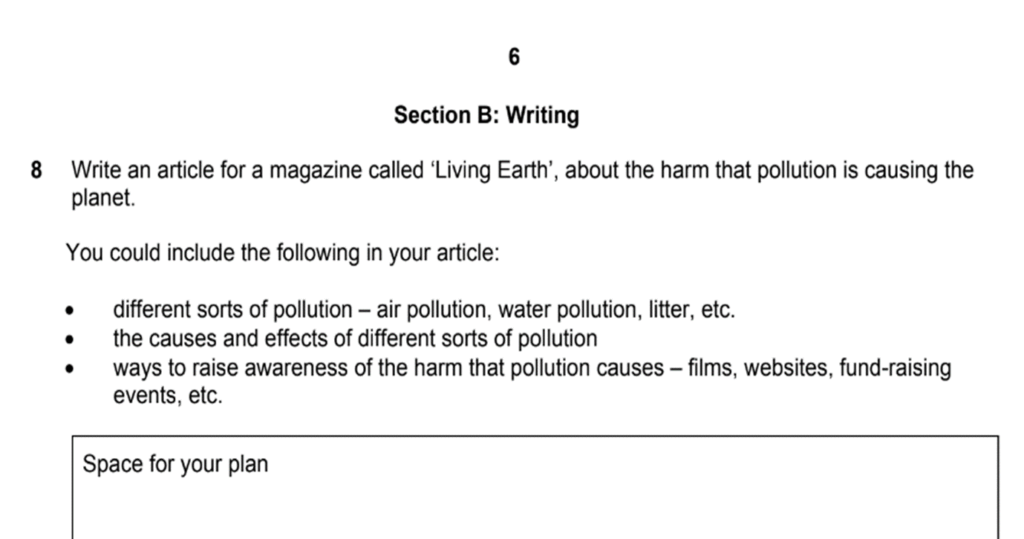
Diary
- Write the date in the corner or on the first line.
- Open with “Dear Diary” or “Dear [your diary name]”
- Write various entries depending on when the event took place.
- Use informal language but avoid using slang words and abbreviations.
- Sign off with your name/name of the character if based on the extract of Section A.
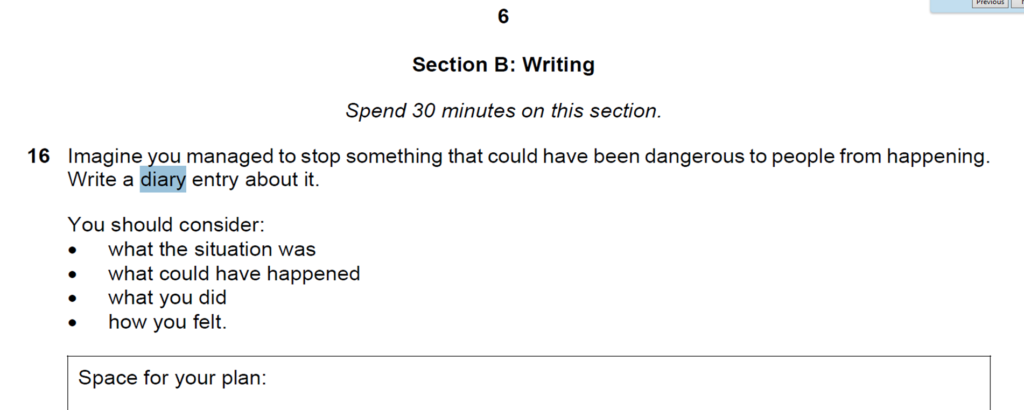
Formal Letters
- You do not really need addresses.
- Always begin with a salutation i.e Dear…
- Introduction- make it clear why you are writing
- Body- make use of the bullet points given
- Conclusion– write down your expectations
- Use formal language.
- Do not use contractions.
- Keep the tone respectful and serious.
- Sign off with either Yours faithfully or Your sincerely, followed by a signature and then your name.
- Yours faithfully if you do not know their name
- Your sincerely if you know their name
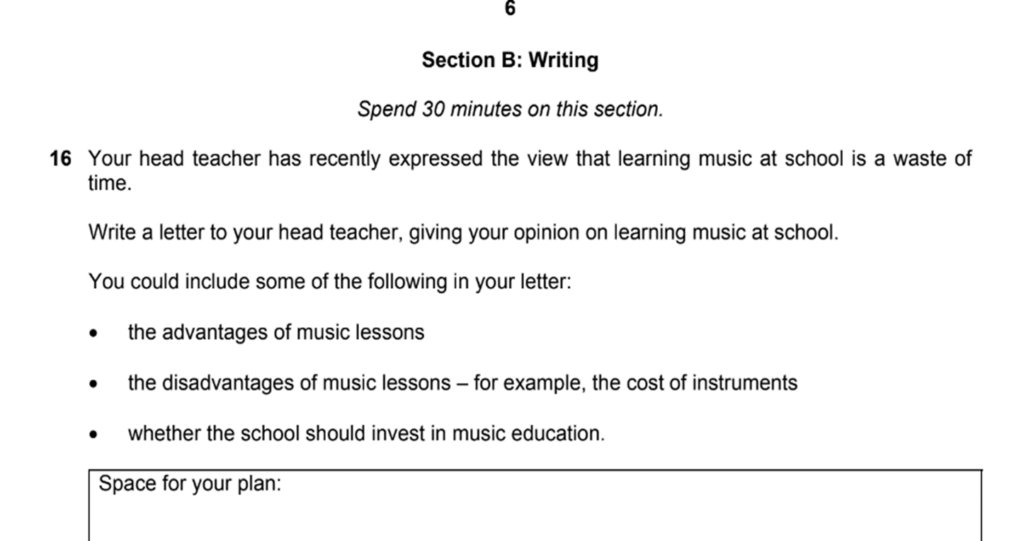
Informal Letters
- No need for addresses
- Salutation (Dear……)
- Introduction- begin by checking on them
- Body- make use of the bullet points
- Conclusion- state your expectations
- Avoid using abbreviations and slang terms.
- Keep the tone very friendly.
- Sign off in a chatty manner followed by your name. eg. Cheers, best wishes, your lovely daughter, etc
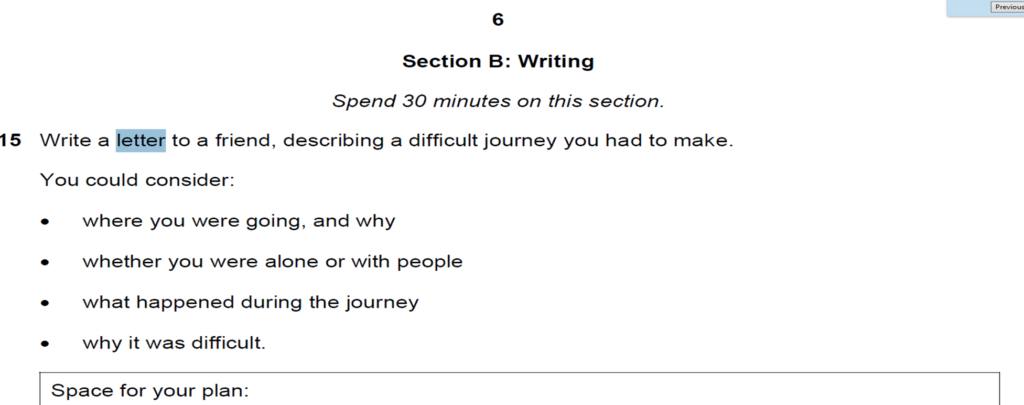
Reviews
A review is judgement or discussion of the quality of something.
- Title of what you are reviewing
- Brief introduction to what you are reviewing
- Features of the product/ characters in the film or book
- Your opinion of the product (positive and negative)
- Would you recommend or not
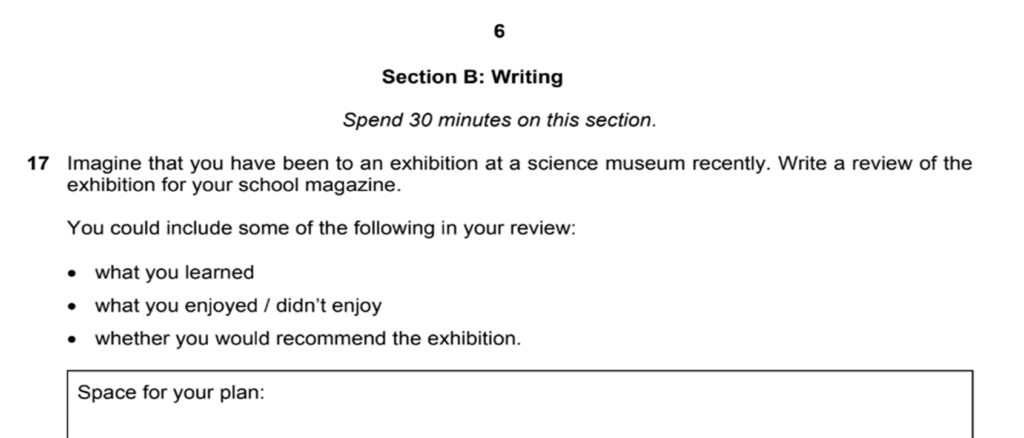
Argumentative essay
- An argumentative essay adopts the style of article writing
- Always begin with catchy title
- A byline is important
- Introduce your essay in an interesting manner
- State your reasons and develop each of them
- Introduce a counter argument
- Conclude by restating your stand.
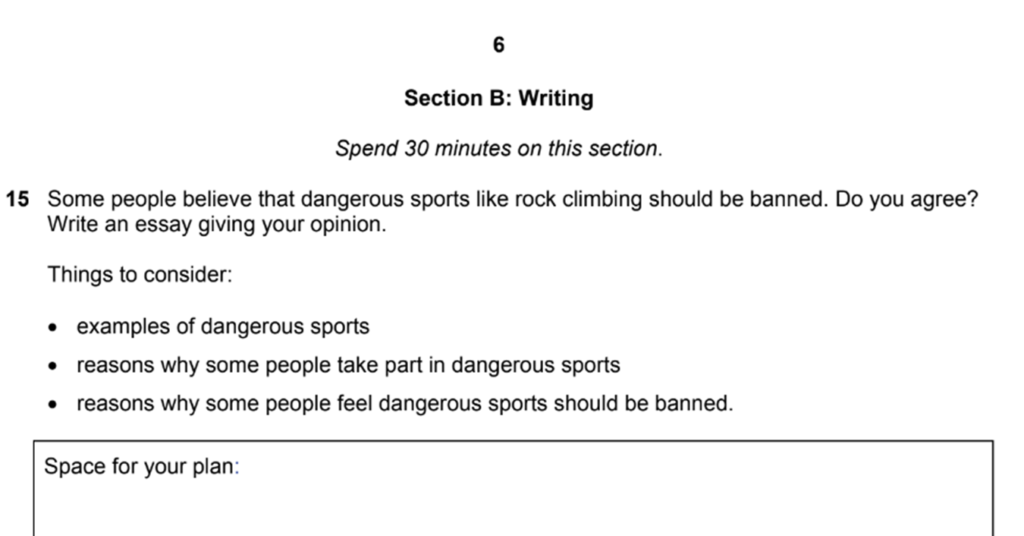
Recount
- Recounts are a way of retelling an important event or describing an experience, such as a school trip or a funny story.
- Use the first-person point of view
- Detailed description This helps the reader to visualise the details of your recount.
- Use past tense
- Write in a chronological order
- Use descriptive language
- Use time connectives.
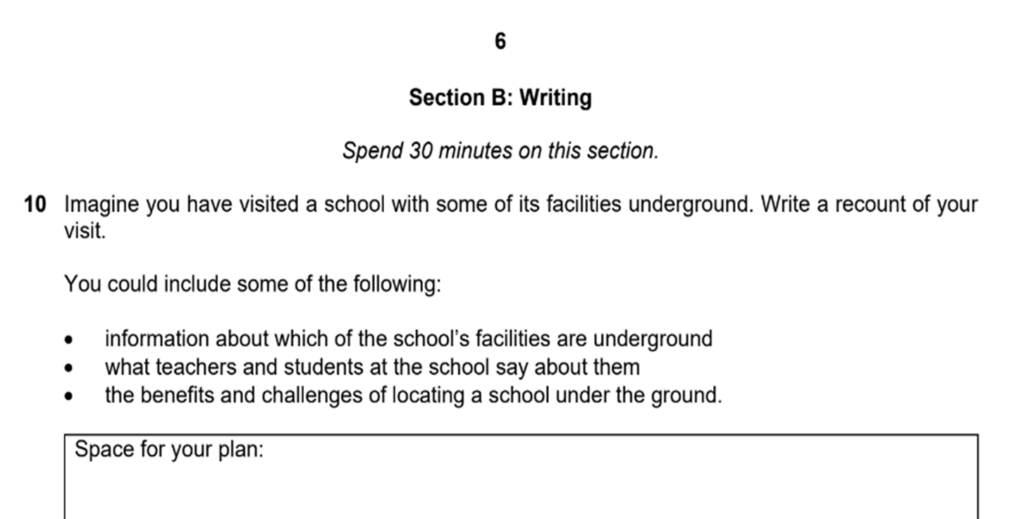
Speech
- It does not have a specific layout as it is meant to be spoken rather than written, so it is more of a script.
- Introduce yourself.
- Make an impressive opening statement using either:
Rhetorical question
A surprising statement
A famous quote
A personal anecdote
- Make good use of persuasive techniques
- Make good use of inclusive language and direct address.
News Paper Report
- Begin with a catchy headline.
- By line
- First Paragraph: ▪ Who? ▪ When? ▪ Where? ▪ What?
- Narrate the events in a chronological order.
- Do not include opinions, unless mentioning eyewitnesses’ quote.
- Use time connectives (after, before, later that day, at the same time).
- End with a prediction of the future.
NB: There are some functional writings that you need to know about their features. You might not be asked to write them, but you may be required the type of text given in either paper one or two.
- Biography
2. Autobiography
